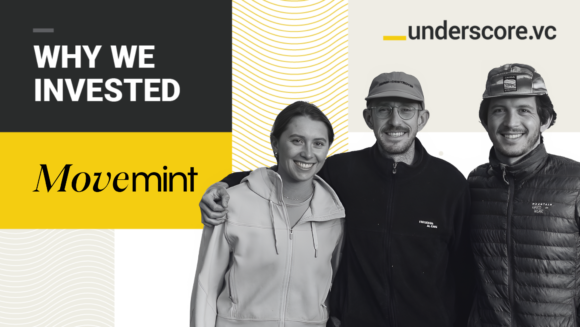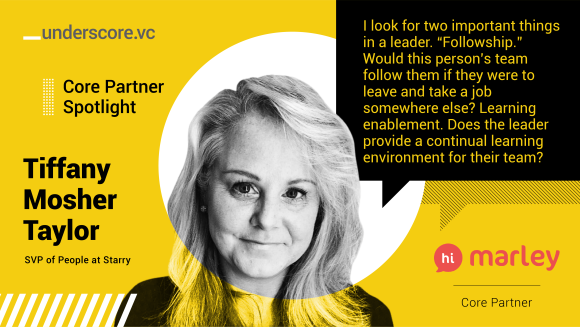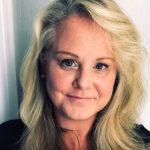At Underscore VC, we believe it takes a community to build an enduring, iconic company. That’s where the Underscore Core and our Core Partners come in. In this series, we’re featuring a handful of our Core Partners, sharing their insights, and describing their impact. Read on to learn more.
“I’ve dedicated at least 5% of my week to personal growth and learning, even at some of the most demanding points of my career,” says Mark Roberge, Managing Director at Stage 2 Capital. “Setting up coffee chats, organizing peer dinners, and finding an outstanding mentor have all been hugely impactful.”
This value of mentorship and commitment to personal growth made Mark a phenomenal Core Partner to portfolio company Salsify. “I first met Mark when I was building up the BDR telemarketing program from scratch,” says Rob Gonzalez, Co-founders and CMO of Salsify. “Our BDR program still runs largely based on what I learned [from him].”
What’s a Core Partner? Core Partners work closely with Underscore VC to help source investment opportunities and/or advise portfolio companies. In return, Core Partners receive “Core Allocations,” a portion of Underscore’s returns on the company via an interest grant in our Core Fund. That means incentives are aligned for productive relationships—at zero cost to our founders.
These partners are tremendously valuable. In this brief Q&A, Mark shares insights from his rich experience as a startup sales leader.
How to Scale Sales
Q: What’s one thing all startup founders should understand?
A: When deciding when and how fast to scale sales, a lot of founders (and even boards) take a subjective approach, thinking $1 million in revenue should be their milestone. But that doesn’t mean you’ve reached product-market fit—it just means you can sell.
I urge founders to look at the leading indicators to retention. What can you observe about a customer’s activity in the first 30 days that correlates with long-term retention? That should be the North Star in the first phase and will help signal when you’re ready to scale sales.
Make Time for Personal Growth
Q: What’s been one of the most important factors in the success of your career?
A: I’ve dedicated at least 5% of my week to personal growth and learning, even at some of the most demanding points of my career. No matter what, I carved out that time. Reading books was interesting. Reading blog articles was better. Direct discussions were the best. Setting up coffee chats, organizing peer dinners, and finding an outstanding mentor have all been hugely impactful.
Making the Right First Sales Hire
Q: In advising startups, what are you asked most often? How do you answer?
A: One of the most common questions I get is: What should I look for in my first sales hire? At this point, you need someone who has traditional account executive skills (progressing in a sales process, handling objections, talking about money) and product management skills (seeing patterns in customer conversations and communicating those patterns to an engineering team).
(Mark spoke at Underscore’s Rising Star session at the 2019 Core Summit and he went deep into how to scale sales, as well whom to sell to early on, and the importance of balancing work with mental health. You can catch that session and a recap article on it here.)
A Highlight as a Core Partner
Q: Can you share a highlight of working with Salsify?
A: Some of the most interesting work we did together was around aligning sales, marketing, and customer success—which is really important to do while designing a go-to-market system. This work can be tricky because you don’t yet know the perfect solution. But that makes it all the more exciting to figure out.
We started by looking at segments that were driving customer value, measured retention and churn in these segments, and aligned demand gen tactics accordingly. Then we created a sales and marketing SLA. We looked at revenue targets for the upcoming quarters and calculated how many sales qualified leads and marketing qualified leads we’d need.









